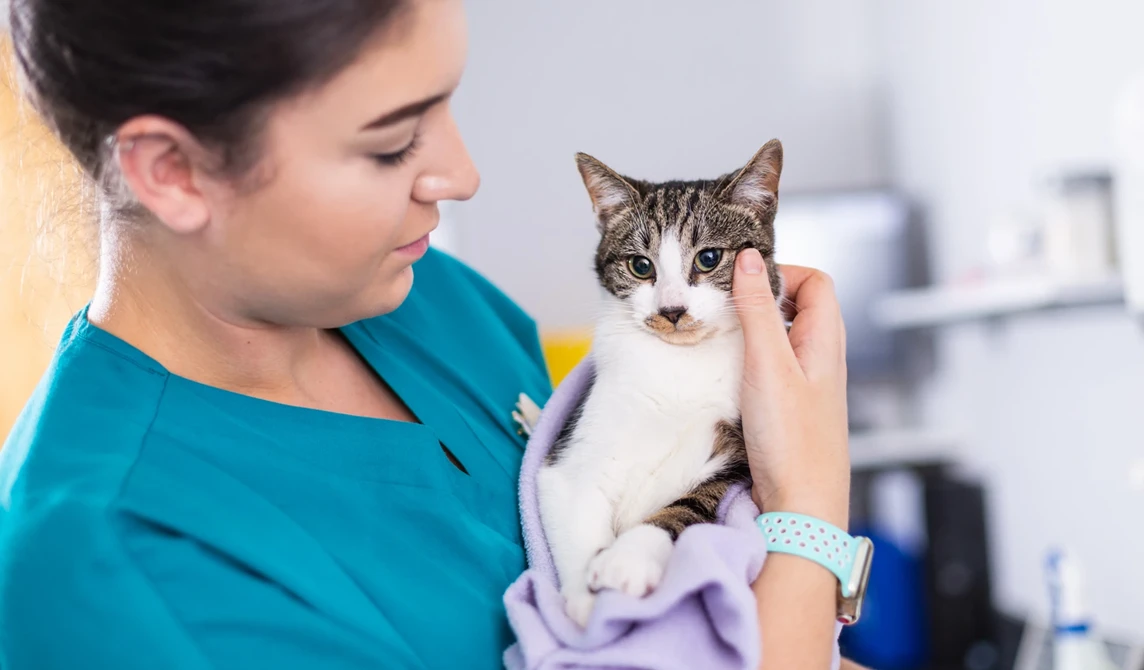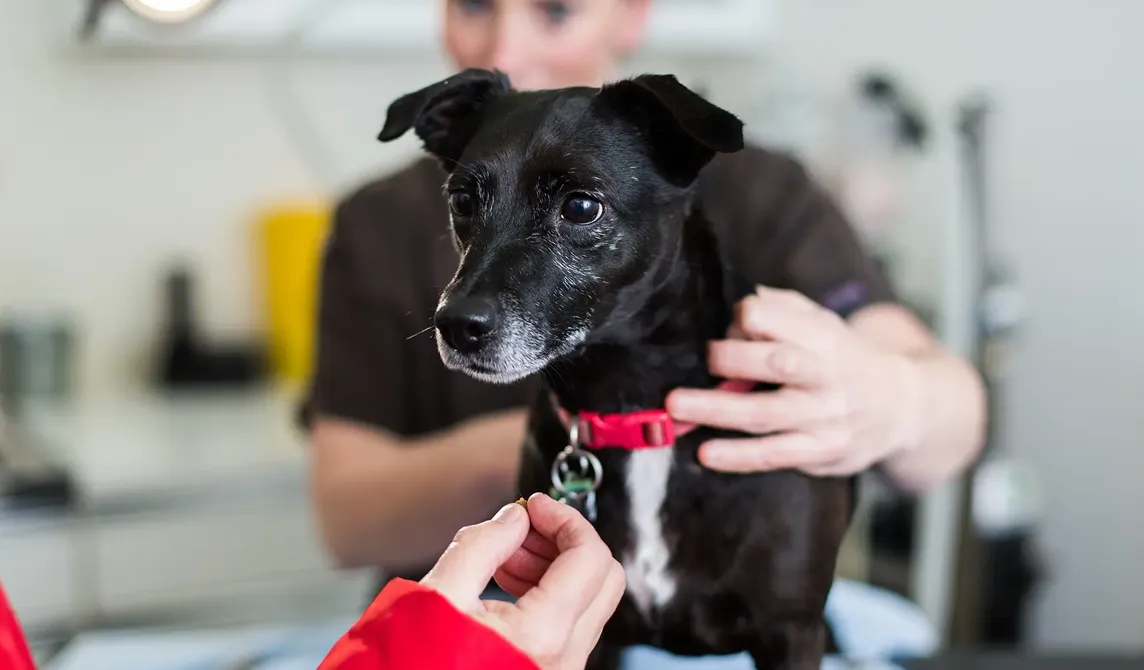About Our Vet Practice

Who are we?
At Alora Vets we understand, respect, and appreciate the human-animal bond that we all have with our pets. They are very special members of our families and we treat them as such. We strive to provide the best care and most current surgical techniques with integrity in a compassionate environment.
As a team we are passionate about helping animals and supporting their owners. Every member of staff is committed to ensuring that our patients and you, their owner, receive the best possible care.
Our goal is to:
- Listen to you and be aware of your concerns regarding your pet.
- Provide you with treatment options for you and your pet that we feel to be the best at that time and for your specific circumstances.
- Act with professional integrity at all times.
- Make you and your pet’s visit with us enjoyable so that you can look forward to returning.
- Create an educational, communicative, personally challenging and fun work environment so that coming to work is a good experience for our whole team here at Alora Vets.

Meet the team
Rebecca Mcpeake
BVMS CertAVP MRCVS Clinical Director
Melissa Zigler
BSc BVM&S GPCert SA DEN & OS MRCVS Veterinary Surgeon
Katy Powell-Anderson
Veterinary Surgeon
Robyn Geddes
Veterinary Surgeon
Callia Roberts
Veterinary Surgeon
Sarah Lawson
BVMS MRCVS Veterinary Surgeon
Donna Mcguire
RVN Head Veterinary Nurse
Katie Forbes-Cale
RVN Veterinary Nurse